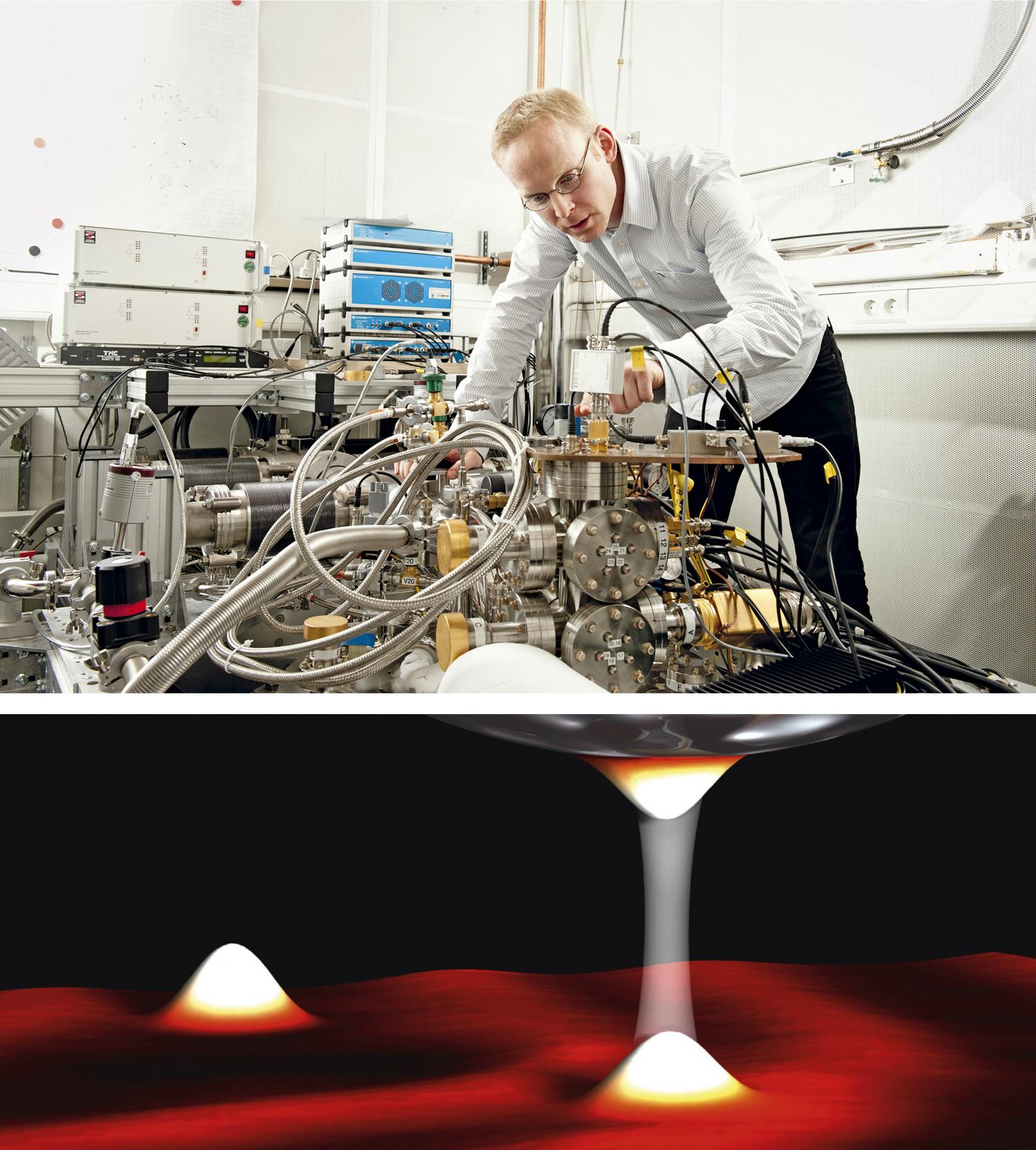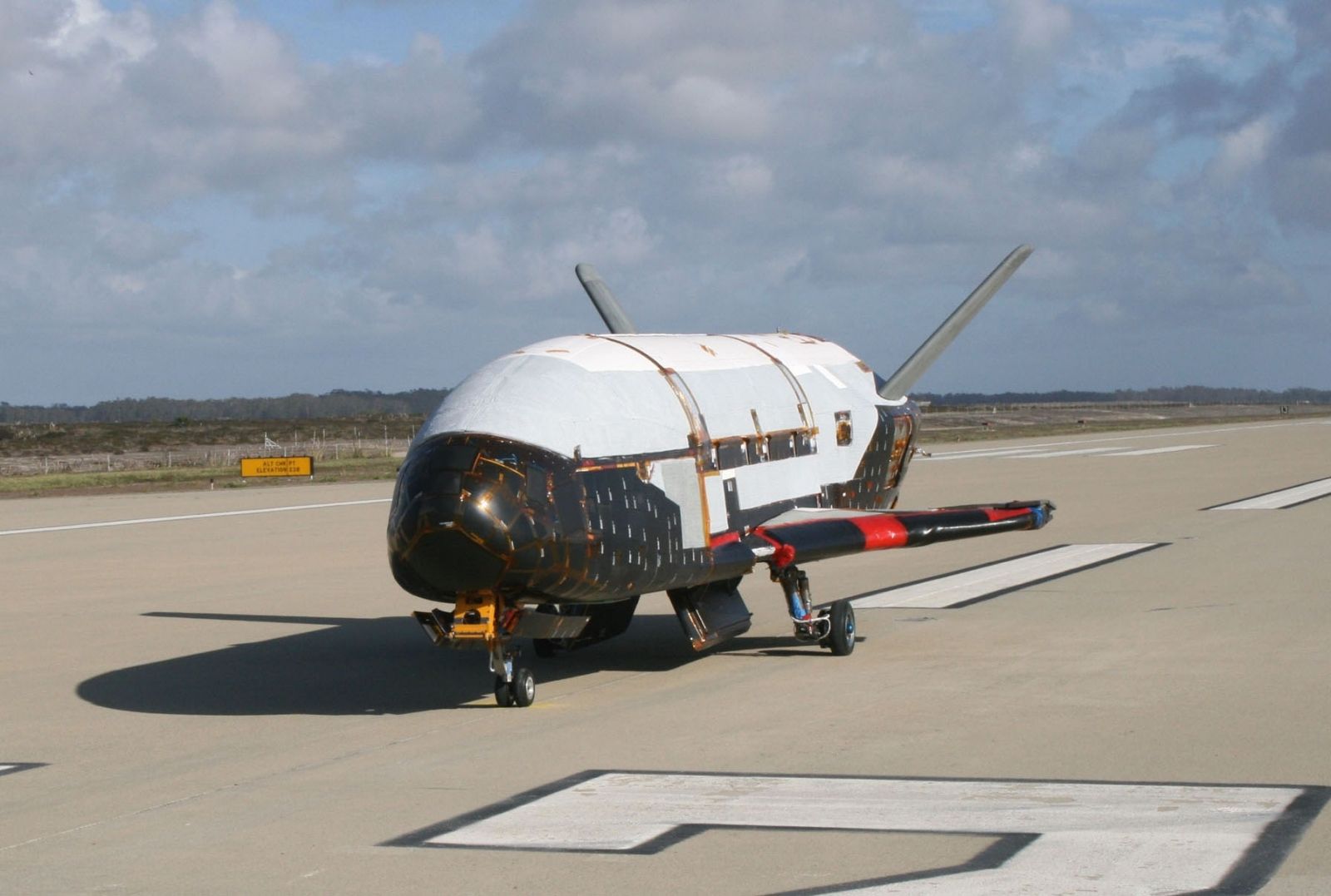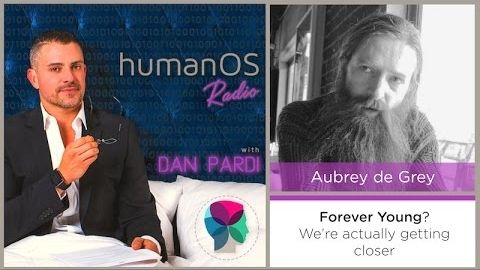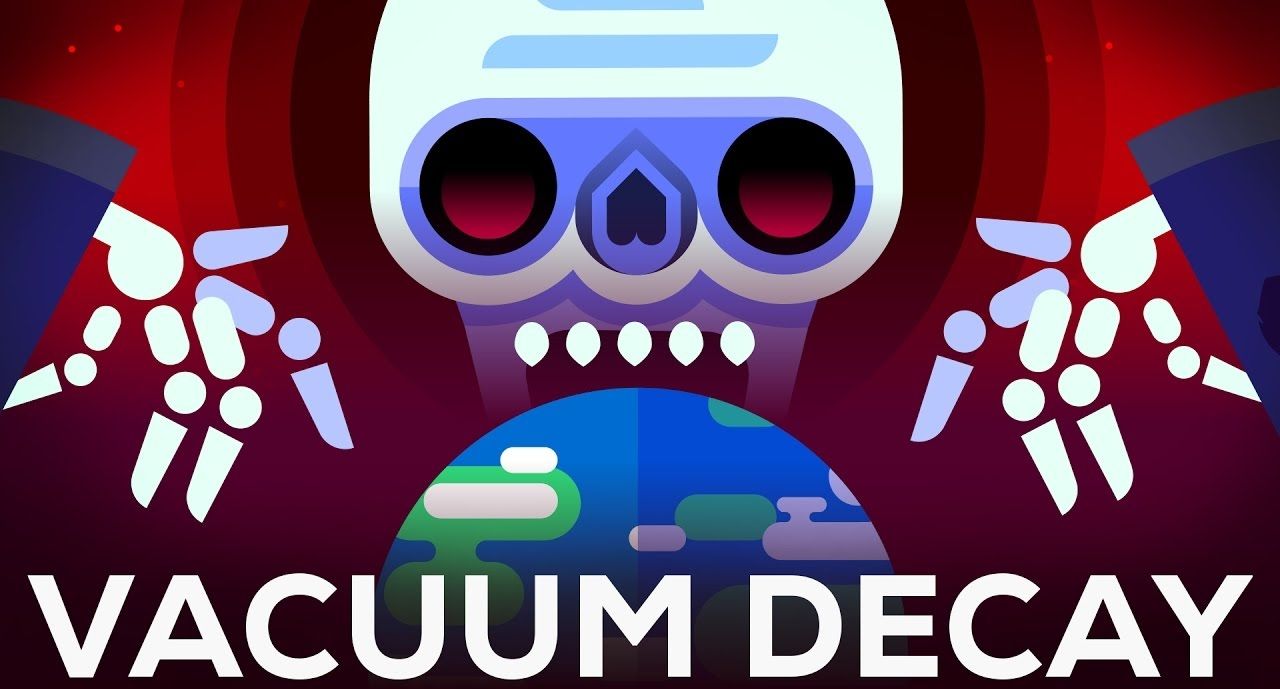Nov 8, 2016
Kardashev Scale: This Is What Life Will Look Like When We Harness the Energy of the Entire Universe
Posted by Andreas Matt in categories: energy, physics, space
In Brief:
- A Type IV civilization is a society that has managed to harness the energy of the entire universe.
- To get here, we would need to tap into energy sources unknown to us using strange laws of physics (laws that may or may not exist).
To measure the level of a civilization’s advancement, the Kardashev scale focuses on the amount of energy that a civilization is able to harness. Obviously, the amount of power available to a civilization is linked to how widespread the civilization is (you can’t harness the power of a star if you are confined to your home planet, and you certainly can’t harness the power of a galaxy if you can’t even get out of your solar system).


















